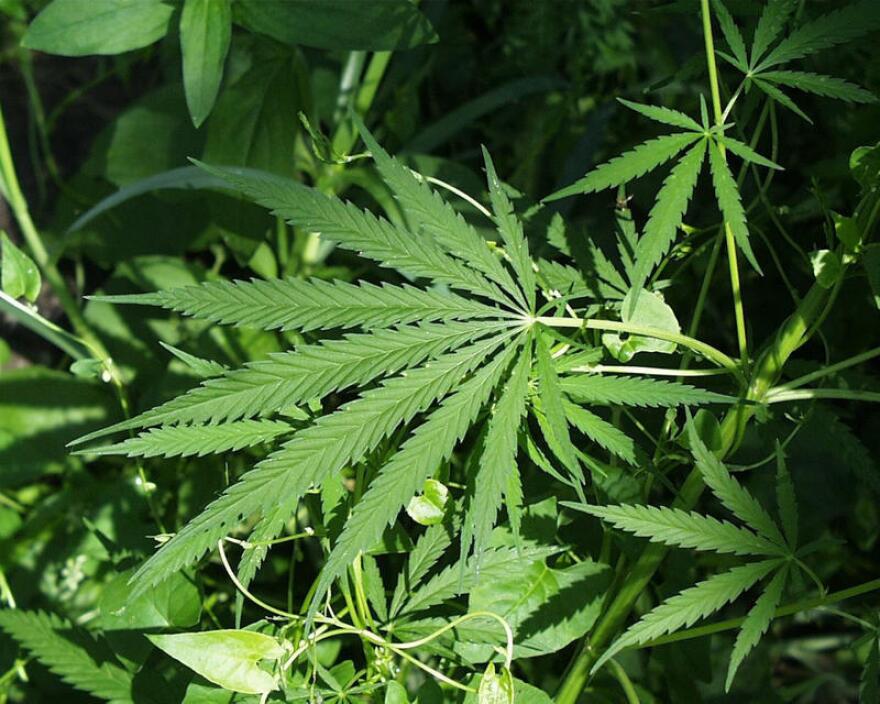A commission studying marijuana legalization is tasked with identifying “the good, the bad, and the ugly.”
That’s how Rep. Patrick Abrami sums it up. He’s the commission's chairman.
Abrami's outline of guidelines at the first meeting of the commission this week points to the workload ahead. And it hints at the disparate voices in this debate.
Abrami issued the good-bad-ugly bit to emphasize that the commission serve as a fact-finding body and that commissioners “leave our biases at home and objectively address this issue.”
That is welcome news for Matt Simon of the Marijuana Policy Project. His advocacy group complained in the past that the commission was stacked with opponents.
Simon says the panel’s first meeting set a positive tone. He’s encouraged by Abrami’s push for facts and data from other states.
"Part of the reality now is that this isn't just a West Coast phenomenon. Marijuana is already legal for adults in Mass. and Maine to grow and to possess,” he says.
“The most recent poll was that 68 percent of Granite Staters support legalization, so I think that's part of the reason this conversation is finally happening. The reality of legalization coming to neighboring states is something that even the most skeptical legislators seems willing to accept that it's time to have this conversation.”
A study is one thing. Actual movement on such a policy change is another.

Even though New Hampshire has enacted an medical marijuana law and earlier this year removed criminal penalties for possession of a small amount of pot, allowance for recreational marijuana is not a given.
Windham Rep. David Bates, a commission member, does not see legalization here being closer to actually happening just because Massachusetts has done so.
“This would be a monumental change in policy and we need to move cautiously,” Bates says.
Former Rep. Joe Hannon, who has worked in the prevention and recovery community, also sits on the commission. He is by no means an advocate for legalization.
But he says he’s committed to looking for facts and weighing the results from other states.
“It’s a good start,” he says. “This is a big undertaking.”
Eight states and the District of Columbia have legalized small amounts of recreational marijuana, with Maine and Massachusetts having it approved in 2016, according to the National Conference of State Legislatures. The federal government continues to classify marijuana as a Schedule 1 drug under the Controlled Substances Act.
The New Hampshire study commission is, more specifically, charged with examining the potential impacts of New Hampshire treating recreational marijuana in a way similar to alcohol under state laws. The commission is also required to review of marijuana laws in Maine and Massachusetts, as well as Canada.
It meets again Nov. 6 and Nov. 27, starting at 9 a.m., in Room 202 of the Legislative Office Building in Concord.
The commission will report its findings on “the good, the bad, and the ugly” by Nov. 1, 2018.








